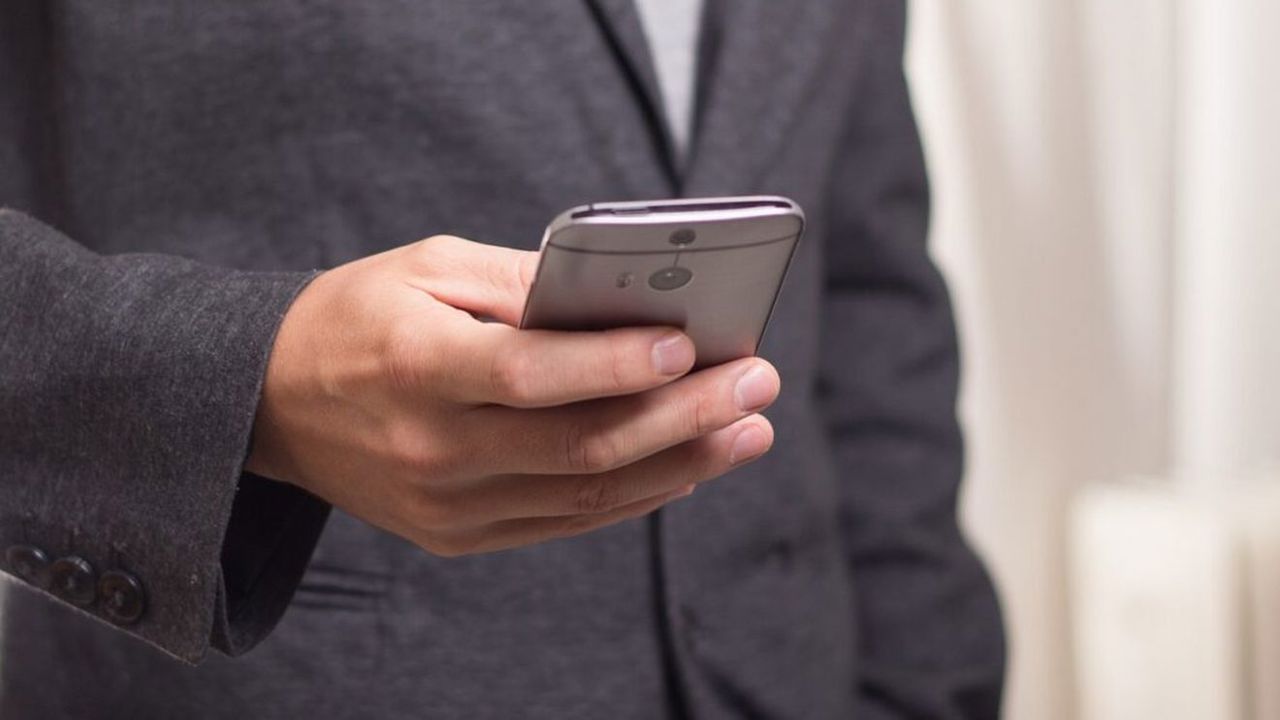How smartphone restrictions boost school performance and mental health
The new policy of the Ministry of Education and Research, set to take effect in December 2024, prohibits the use of mobile phones during lessons to help students focus solely on their academic studies.

Studies on smartphone restrictions show improvements in school performance and mental health, which could help balance educational benefits with minimising distractions, says Rustam Romaniuc, an expert at the "Expert-Grup" Analytical Center, in an interview with Moldova 1.
"The ban on mobile phones in schools has two key objectives. The first is improving school performance; when young people don’t have their phones nearby, they are more focused, which could result in better performance. The second objective is limiting phone usage in schools, which has a positive impact on students' mental health, particularly for girls. Scientific evidence shows that reduced phone usage has a substantial positive impact on mental health. Additionally, phones can induce anxiety and isolation. There are also studies showing that the impact on school performance is minimal."
According to Romaniuc, the measure is supported by parents and teachers, but resistance may come from young people. "In the United States, New York was one of the first places to implement such a restriction, and after a few years, they had to introduce some flexibility and grant more autonomy to schools. In France, Italy, and Belgium, much stricter restrictions have been enforced. There are examples of best practices; for example, in Norway, there is no national system. Each school decides according to the needs and profile of its students."
The expert argues that the Ministry of Education should implement pilot projects before making a final decision. "In the absence of evidence demonstrating a positive or negative effect, we should be more flexible when it comes to a total ban. Ideally, we should test different restrictions and decide based on the content of the lessons and the students' profile, so that they can have autonomy. In the article I published, I emphasise the need to introduce the ban gradually, in a pilot format, with solid evidence, based on data-driven policy. The Ministry of Education could implement an experiment and not directly apply the policy nationwide."
According to the study "Banning Mobile Phones in Schools: Effects on School Performance, Mental Health, and Non-Cognitive Skills," conducted by the "Expert-Grup" Analytical Center, flexible policies can balance educational benefits and allow teachers to apply appropriate methods. A solid evaluation of the policy through the gradual introduction of pilot programs would provide information about its effects on academic and mental outcomes. By restricting smartphones, schools can support self-discipline and attention control, although more field research is needed.
It is worth mentioning that for several years, in some schools, students leave their phones in the staff room in the morning and receive them when they leave for home. In the absence of smartphones, children are more focused during lessons and more sociable with their peers.
Translation by Iurie Tataru





